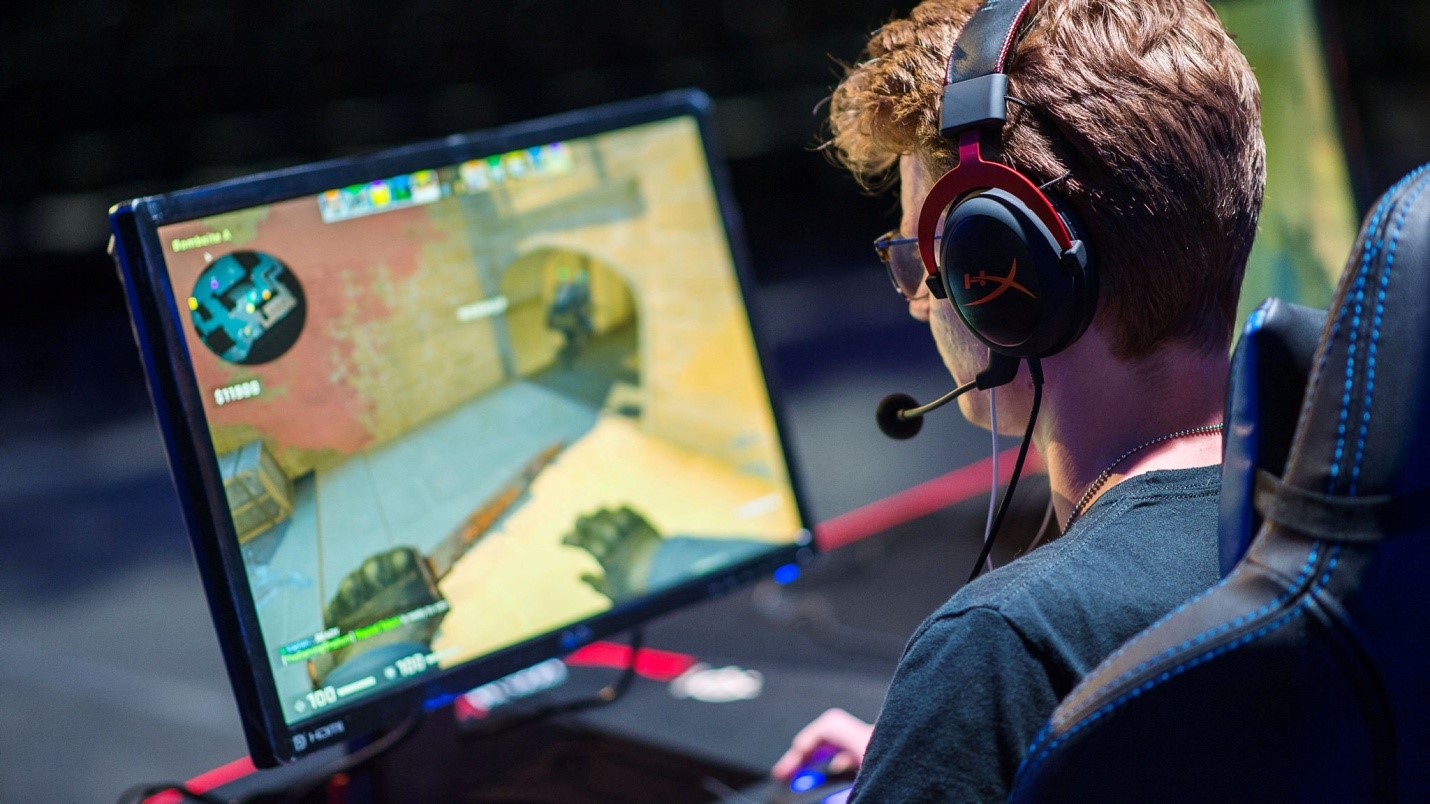Over the past few years, internet gaming has transformed from a hobby into a complex journey that delivers a wide range of benefits to players. What was once seen purely as a form of entertainment has now developed as a powerful tool for stress relief, building connections, and even personal growth. As more people turn to video games not just for fun but as a way to enhance their daily lives, it’s important to examine the numerous advantages that gaming can provide.
From engaging realms that provide an escape from reality to competitive environments that foster teamwork and tactical planning, online gaming can serve a wide variety of needs and demands. Whether one is looking for a brief respite from the burdens of today’s world or aiming to enhance mental skills, the gaming landscape shows prospects that reach past mere recreation. Understanding these advantages can help players make the most of their gaming experiences while also showcasing the beneficial effects that this dynamic platform can have on our lives.
The Healing Gains of Video Games

Engaging in online games has steadily been recognized for its therapeutic advantages, providing an powerful outlet for alleviating stress. Engaging in video game play allows players to immerse themselves in vast online landscapes, offering a brief escape from daily burdens. This diversion can help individuals unwind and lower stress levels, leading to enhanced psychological well-being. In a fast-paced world filled with duties, taking time to play video games can serve as a vital strategy for coping.
In addition, online gaming fosters interpersonal relationships, which are vital for mental wellness. Many video games promote collaboration and team effort, permitting gamers to interact with peers and build relationships. These social interactions can fight feelings of loneliness and isolation, creating a feeling of membership among gamers. As they cooperate together towards common goals, individuals often find increased joy and pleasure, reinforcing healthy psychological well-being.
Additionally, gaming has been demonstrated to improve cognitive functions, which affects overall wellness. Many games require planning, troubleshooting, and quick choices, which can enhance cognitive agility. This cognitive engagement improves memory, attention, and task management skills, making players more adept at handling real-world problems. As gamers enhance their capabilities through play, they often gain confidence, leading to a greater healthy view of themselves and more resilience in stressful times.
Video gaming as a Tool for Learning
Digital gaming has grown into a valuable means of education, enabling players to acquire new skills and knowledge in a engaging environment. Many games are developed with intricate mechanics that require judgment, trouble-shooting, and strategic planning. As players navigate through difficulties, they instinctively develop intellectual faculties that can be applied in everyday situations. playgama.com transfer beyond the game itself, improving scholastic success and career readiness.
In conjunction to cognitive development, online gaming often incorporates engaging storytelling and rich narratives that educate players about history, society, and community topics. Games such as Age of Empires or Assassin's Creed franchise present players to historical events and figures, fostering a deeper understanding of the world's past. This kind of hands-on learning is particularly effective, as it allows players to involve themselves with content in a way that traditional classroom settings may not provide, making education both enjoyable and lasting.
Additionally, multiplayer online games promote teamwork and communication among players, which are vital skills in today's interconnected world. Working as part of a team to reach common goals encourages teamwork and enhances communication abilities. Players develop how to express their ideas, negotiate strategies, and work through conflicts, all of which are extremely valuable in both personal and professional contexts. Overall, gaming serves not only as entertainment but as a powerful platform for development and education.
Establishing Community Through Online Games
Online gaming has evolved into a lively social environment where players can interact and work together without geographic restrictions. Many games feature aspects that promote teamwork and communication, allowing individuals to develop friendships while working towards common goals. These connections foster a sense of belonging among players, which can be particularly beneficial for those who might face challenges with social connections in real life. The virtual environments become areas where people can share their thoughts and form lasting bonds.
Moreover, online games often organize events, tournaments, and community challenges that unite players together, increasing the sense of community. Gamers can talk about their experiences, strategies, and achievements with one another through online communities, social media, and in-game chats. This not only enhances the gaming experience but also fosters a collective identity among players. As gamers share their unique stories and interests, they bring to a diverse and inclusive environment that celebrates collaboration.
Lastly, the communal aspect of online gaming contributes to mental wellbeing. Players find relief in the shared experiences of victories and defeats, as well as the friendship fostered during gameplay. These communities often provide support systems where individuals can seek advice and encouragement, creating a network that extends beyond the games themselves. Together, these elements illustrate how online gaming serves not just as a form of leisure, but as a powerful means for community building.
